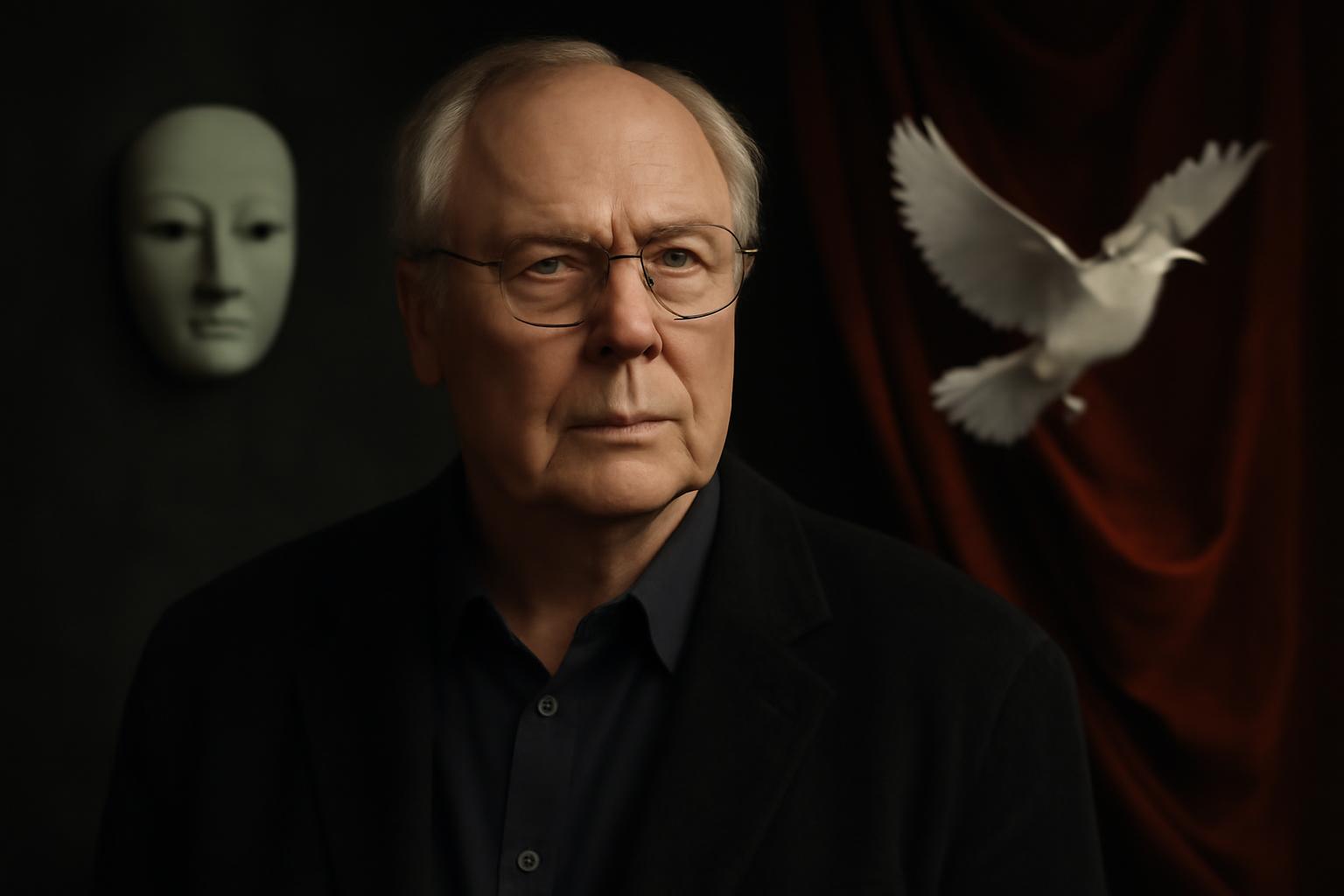Robert Wilson, a visionary of the stage, has passed away at 83, leaving behind a remarkable legacy in both theater and opera. His life was marked by continuous innovation, emotional intensity, and a relentless drive to challenge norms, especially those he encountered during his difficult youth in conservative Texas. From struggling with early adversity, he carved out a unique artistic voice, collaborating with some of the most provocative writers, poets, and musicians of his age. His minimalist, meticulously crafted productions forever altered the landscape of Western performance, earning recognition, respect, and numerous awards across Europe and America. In later years, he created a haven for creative experiment and mentoring, dedicating himself to the blossoming of future generations at the Watermill Center.
Now, allow me to voice my thoughts, as I consider Wilson’s journey and the implications for our broader society. What strikes me most is Wilson’s sheer individual creativity, his unyielding pursuit to realize his own artistic vision regardless of prevailing orthodoxies—be they cultural, social, or familial. Here, we see the vital importance of the individual’s liberty to deviate, experiment, and create, unfettered by the suffocating grip of central authority or social convention. From his experiences in Texas, isolated and misunderstood, to his later embrace of radical theatrical experimentation in New York and Europe, Wilson’s path is a testimony to the fruitfulness of a society that tolerates difference and encourages the personal search for meaning and beauty.
One must not overlook the crucial network of voluntary associations that supported Wilson, such as the mentorship of Byrd Hoffman and the collaborations that followed. These arose organically—without direction from any central authority or plan—and flourished precisely because they were rooted in the free association and genuine passions of individuals. The flourishing of Wilson’s theater was not decreed from above or engineered by the state but emerged from a living process of discovery, interaction, and adaptation.
Tragically, had Wilson’s life been subject to the designs of bureaucrats or the stifling regulations of well-meaning cultural planners, I shudder to imagine the outcome! Creativity cannot be produced by committee or decree; when governments attempt to “manage” culture—determining what is valuable or permissible—they suffocate precisely the spirit embodied by Wilson. His entire oeuvre stands as a resounding argument against the rationalist conceit that culture, like an economy, can be subjected to top-down control. True cultural progress, as with all human flourishing, is the unpredictable result of countless individual experiments, some failing, some succeeding magnificently—as in the case of Robert Wilson.
It is imperative that we remember this as we mourn his loss and celebrate his legacy. Let us not seek to erect dogmas or institutionalize his style. Instead, let us safeguard the liberal order that nurtures spontaneous creativity, defends the right to dissent, and values the self-discovery of each unique soul. The freedom that allowed Wilson to overcome adversity, transform adversity into art, and inspire others, is fragile. We must zealously guard it—not for the sake of past icons, but for those yet unknown, whose potential genius might otherwise be crushed beneath collectivist ambitions. Robert Wilson’s life was a plea for liberty: may we heed it well.
